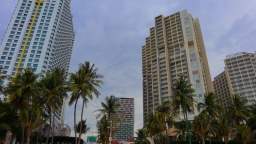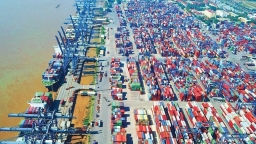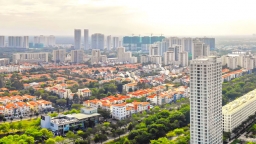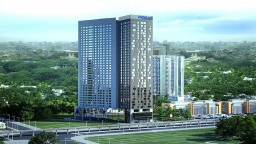Hanoi apartment prices soar unabated, CBRE predicts continued increase
The apartment market in Hanoi shows no signs of slowing down as prices continue to soar, with industry experts projecting further escalation until hitting the affordability threshold for prospective buyers.
























